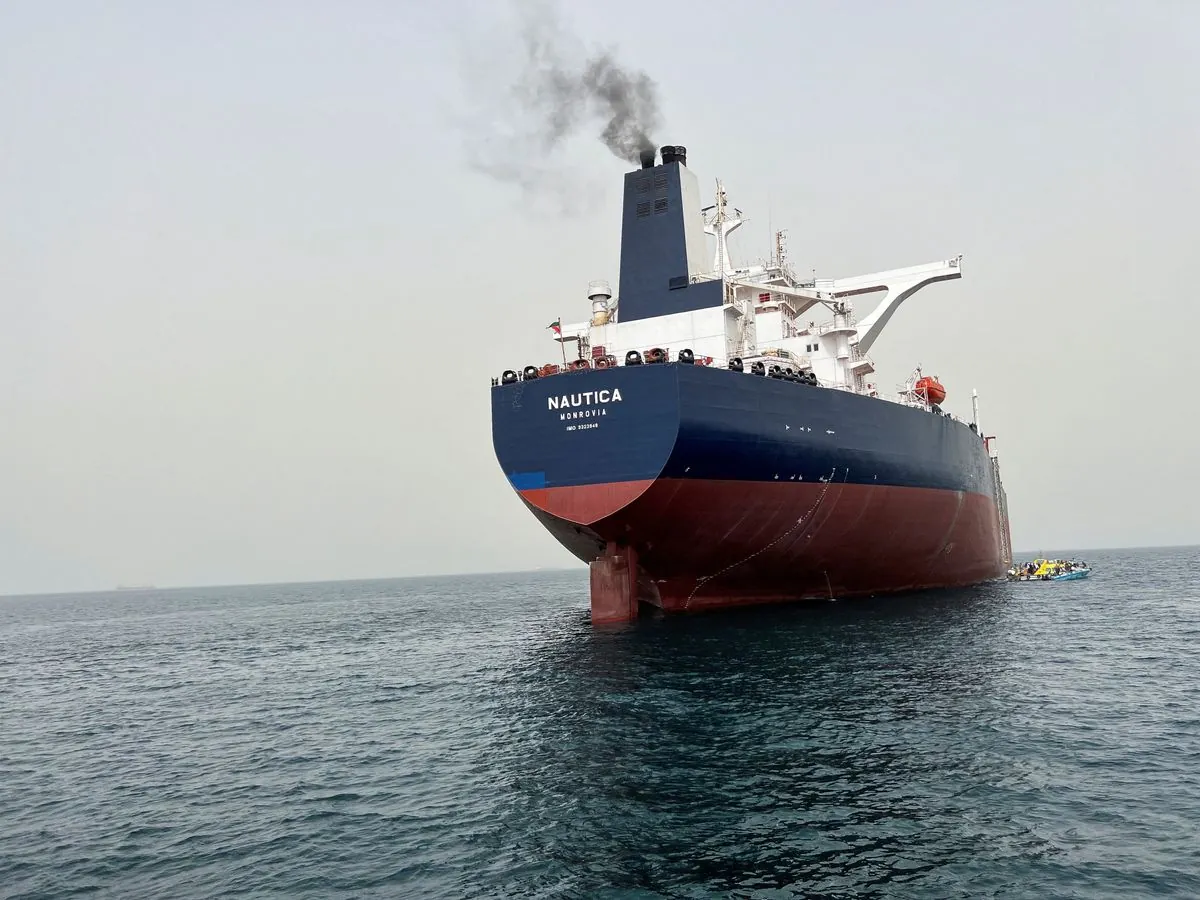On September 2, 2024, Saudi Arabia's national shipping carrier, Bahri, issued a statement clarifying that its oil tanker Amjad was not targeted in a recent attack in the Red Sea. This announcement came in response to reports of an incident involving two crude oil tankers in the region.
The U.S. Central Command reported that Yemen's Iran-backed Houthi rebels launched an attack on September 1, 2024, targeting two vessels: the Saudi-flagged Amjad and the Panama-flagged Blue Lagoon I. The assault allegedly involved two ballistic missiles and a one-way attack uncrewed aerial system, commonly known as a drone.
Bahri emphatically stated, "We unequivocally affirm that AMJAD was not targeted and sustained no injuries or damage. The vessel remains fully operational and is proceeding to her planned destination without interruption." The company added that it had promptly informed relevant authorities and was maintaining continuous communication with its crew while monitoring the situation closely.
The Houthi movement, a Zaidi Shia Muslim group involved in the ongoing Yemeni Civil War, claimed responsibility for attacking the Blue Lagoon with multiple missiles and drones. However, they made no mention of the Saudi tanker in their statement.
Both vessels were reportedly carrying substantial amounts of crude oil, with the Amjad transporting approximately two million barrels. The U.S. military described these attacks as "reckless acts of terrorism by the Houthis," highlighting the potential impact on global oil trade and maritime security in the region.
Sources familiar with the incident reported that despite being hit, both ships were able to continue their voyages without major damage or casualties. One source suggested that the Amjad was unlikely to have been directly targeted in the attack.
"Yemen's Iran-backed Houthi rebels attacked two crude oil tankers - the Saudi-flagged Amjad and the Panama-flagged Blue Lagoon I - in the Red Sea on Monday with two ballistic missiles and a one-way attack uncrewed aerial system, hitting both vessels."
This incident underscores the ongoing security challenges in the Red Sea, a crucial waterway for international shipping and oil trade. The Strait of Bab el-Mandeb, connecting the Red Sea to the Gulf of Aden, is a strategic chokepoint for global oil transportation, making any disruptions in this area particularly concerning for the energy market.
The use of drones and ballistic missiles in maritime attacks represents a growing threat to shipping security, requiring enhanced vigilance and protective measures. As the world's largest oil exporter, Saudi Arabia has a vested interest in maintaining safe passage for its tankers through these waters.
The Yemeni Civil War, which began in 2014, continues to have far-reaching implications beyond its borders, affecting regional stability and global trade. The international community remains concerned about the humanitarian crisis in Yemen and the potential for further escalation of conflicts in the area.
